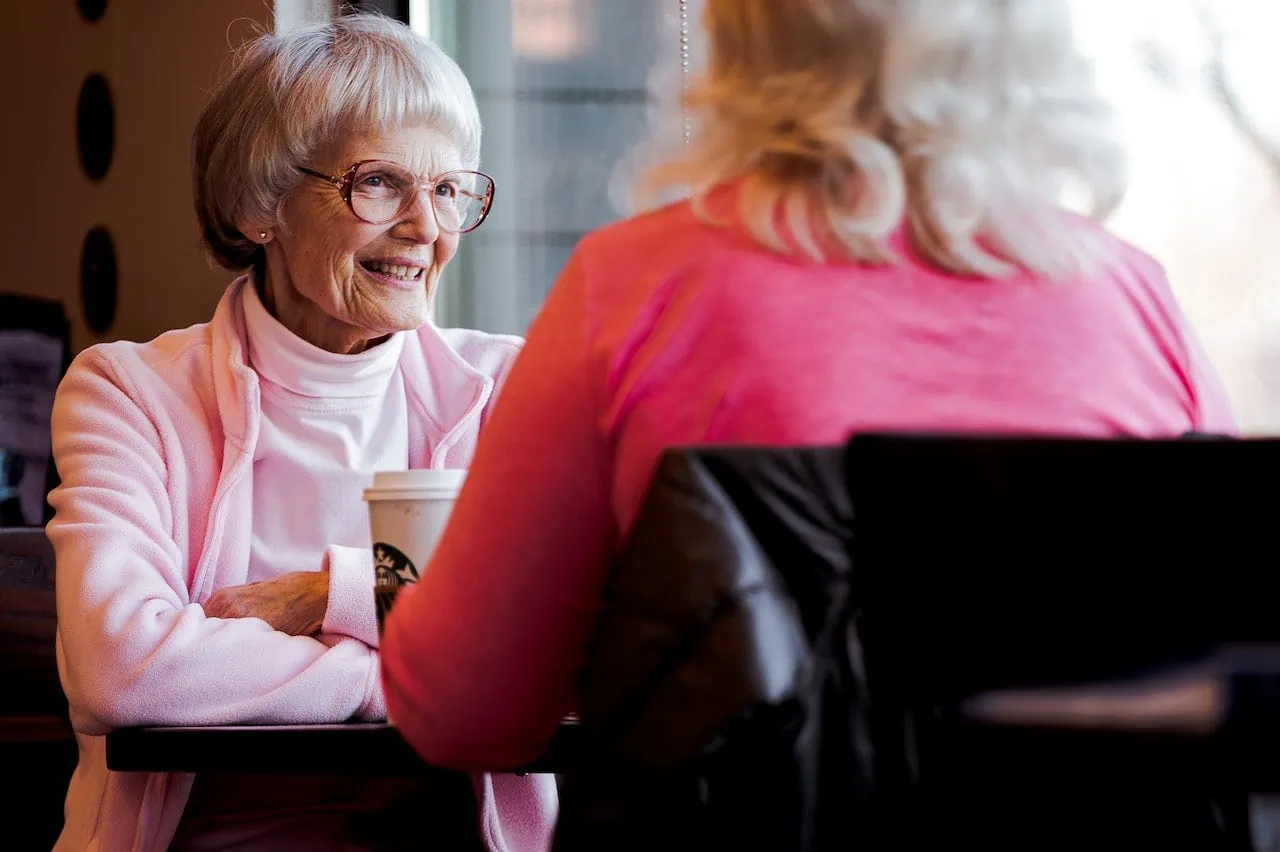
Understanding Mild Cognitive Impairment
Mild cognitive defects, also known as mild cognitive impairment (MCI), refer to a noticeable decline in cognitive abilities beyond normal. These defects may bother or worry the sufferer but not significantly interfere with daily functioning. It is often observed in elderly adults, although it can occur at any age. Many people who live with Long COVID have been diagnosed with MCI.
Is Mild Cognitive Impairment Dementia?
MCI is not the same as dementia, although, for some people, it may progress into dementia or an Alzheimer’s diagnosis. Some people, however, do not get worse and need a little help with functioning. People with a traumatic brain injury or disability often experience mild cognitive impairment without progression.
People with MCI can generally continue to manage their activities of daily living, such as showering, eating, and handling other hygiene and care for themselves. They may experience challenges or inefficiencies in cognitive tasks, such as having trouble remembering a recipe or forgetting their spot. These difficulties do not significantly impair their ability to function in their everyday lives but can be frustrating.
How Activities Can Help With MCI
Engaging in activities is of utmost importance for individuals with mild cognitive defects. Activities provide cognitive stimulation, social interaction, emotional well-being, routine, and structure.
Research shows that activities that provide cognitive stimulation are vital in maintaining and enhancing cognitive abilities. Individuals can exercise their brains with stimulating tasks, potentially slowing cognitive decline. Examples of activities that can help include puzzles, memory games, reading, or engaging in creative endeavors.
Social interaction is also fundamental to human well-being and is particularly important for individuals with mild cognitive impairments.
Activities offer opportunities for social engagement, reducing feelings of loneliness and isolation. Participating in group activities, hobbies, or support groups can foster a sense of belonging and provide emotional support.
Activities that bring pleasure and joy profoundly impact emotional well-being and overall quality of life. Arts and crafts, music, or gardening can provide a sense of purpose, satisfaction, and fulfillment. These activities help individuals maintain a positive outlook and enhance their overall well-being. Many senior living homes offer these types of activities to help enrich their clients' lives.
Memory tasks can help improve memory recall and retention. Reminiscing, storytelling, or utilizing memory aids can help people maintain a connection to their personal history and identity. Talking about fashions, sharing photos from different eras, and sharing personal history are all activities people can expect in senior living homes. These activities promote cognitive engagement and help preserve a sense of self.
Routine and Structure for Stability
Individuals with mild cognitive defects often benefit from routine and structure. Activities provide a predictable rhythm to daily life, reducing confusion and anxiety.
A structured routine promotes better sleep patterns and helps individuals feel more secure. Structured days can help improve an individual’s overall sense of stability.
Physical Health and MCI
Physical health and cognitive function are also interconnected. Activities that promote physical well-being indirectly support cognitive abilities.
Regular exercise, within an individual's capabilities, improves cardiovascular health, enhances mood, and potentially reduces the risk of cognitive decline. Exercise is an inexpensive way to help people regulate their blood pressure and boost their moods.
Walking, yoga, or gentle stretching exercises can be beneficial.
Why Choose Present Moments Senior Living?
Present Moments Senior Living is here to help your loved one start the next chapter of life. We can help with personal care, outings, socialization, and activities for your loved ones as they maintain their independence. We offer compassion, daily life-enriching activities, medication management, and much more for your loved ones. Get in touch to learn more at (442) 232-2824.

